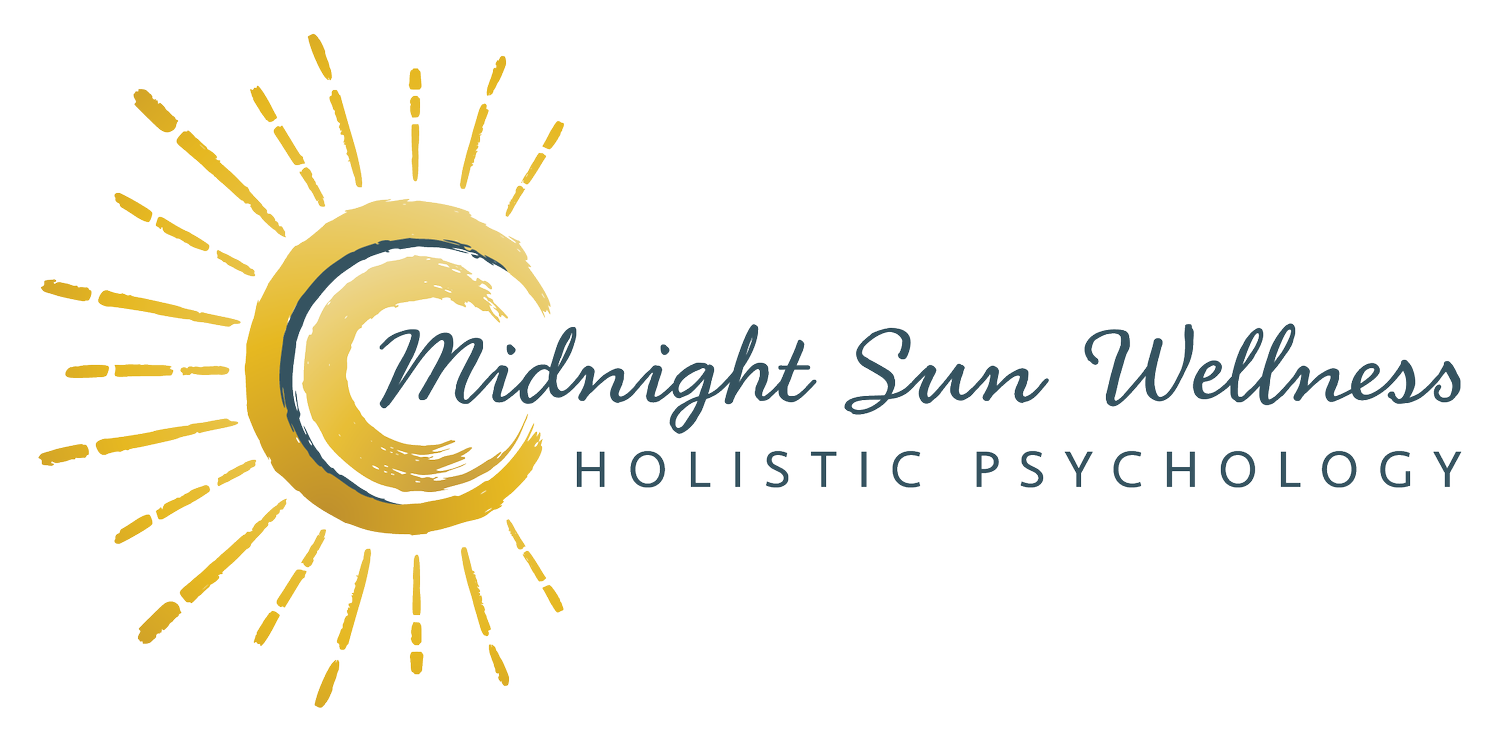
Post-Traumatic Stress Disorder (PTSD)
PTSD, experienced by those who've undergone or witnessed traumatic events, can result from various incidents, including sexual violence, accidents, injuries, or war. Roughly 9.2% of Canadians encounter PTSD at some point in their lives, affecting people of all backgrounds. Key features include persistent distressing thoughts, flashbacks, and nightmares related to the trauma, often prompting avoidance behaviors to escape these distressing experiences.
Common Symptoms
Intrusive thoughts such as distressing dreams and flashbacks
Avoidance: feeling like you're trying to avoid any situations or triggers that might remind you of the traumatic event
Change in cognition or mood: Increased fear, horror, anger, guilt, shame along with change in perception about self and others.
Change in reactivity: Experiencing more irritability, experiencing angry outburst, behaving recklessly, becoming hyper-aware of one’s surroundings.
Available Treatments
One of the most common types of treatment for PTSD is psychotherapy. There are many different types of psychotherapies which focus on areas such as identifying triggers and responses, processing trauma, and learning new ways to cope and manage our trauma responses.
Research shows that EMDR is particularly useful for treating trauma and PTSD. For information on the types of psychotherapies Midnight Sun Wellness offers, please visit the interventions tab.
